Why Is My Personal Injury Case Going to Trial?
Exploring the intricate landscape of personal injury law, the decision to take a case to trial rather than settling is one marked by considerable deliberation. This pivotal choice often arises from a confluence of factors such as disputes over the evidence presented, the severity of the injury in question, and the clarity—or lack thereof—regarding liability. The journey to the courtroom is influenced by both the strategic counsel of experienced legal professionals and the specific circumstances surrounding each case. As we examine the reasons behind this significant decision, we uncover the complexities and challenges that drive a case from negotiation tables to the rigorous scrutiny of a trial.
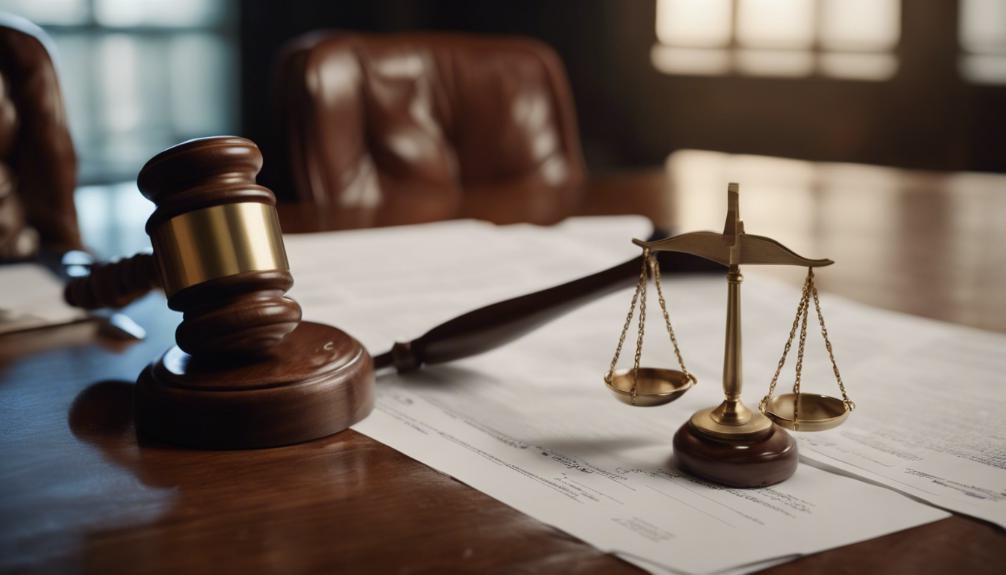
Key Takeaways
- Personal injury trials are rare, with only 4% of cases going to trial in 2019.
- Common reasons for trials include car accidents and medical malpractice.
- A trial determines responsibility and compensation for the injury.
- Hiring a personal injury attorney increases the chance of a fair trial outcome.
Understanding Trial Necessity
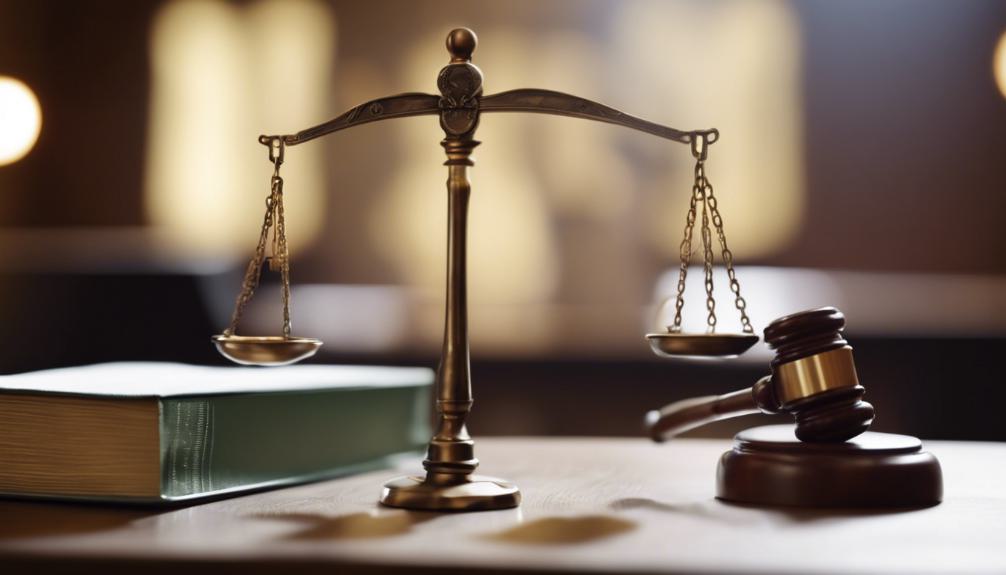
While the vast majority of personal injury cases are settled out of court, a select few necessitate a trial to resolve disputes and ascertain fair compensation. This necessity often arises from complex cases where the parties involved cannot agree on fault or the extent of damages. Trials provide a formal setting for presenting evidence and arguments before a judge or jury, who then make decisions based on the legal standards applicable to the case. The process guarantees that each party has the opportunity to be heard, promoting a sense of justice and fairness. Although trials can be lengthy and emotionally taxing, they play an important role in the legal system by upholding the principles of accountability and compensation for harm caused.
Evidence and Liability Disputes
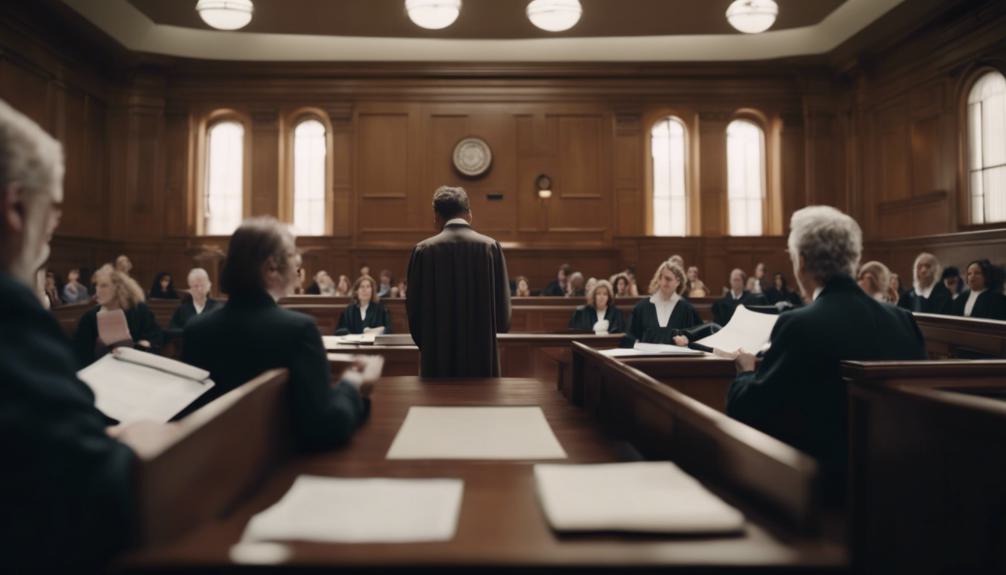
Understanding the necessity of trials in certain personal injury cases leads us to examine the critical roles of evidence and liability disputes in these legal proceedings. At the heart of many personal injury cases is the conflict over who is legally responsible for the harm suffered by the plaintiff and to what extent. Disputes over evidence and liability often cannot be resolved through preliminary negotiations or mediation, necessitating a trial to examine the facts thoroughly. The court scrutinizes the collected evidence, which may include medical records, eyewitness testimony, expert opinions, and physical evidence from the accident scene, to determine liability. This rigorous examination aims to assure a fair and just resolution, assigning responsibility based on a thorough evaluation of all presented evidence.
Insurance Negotiation Failures
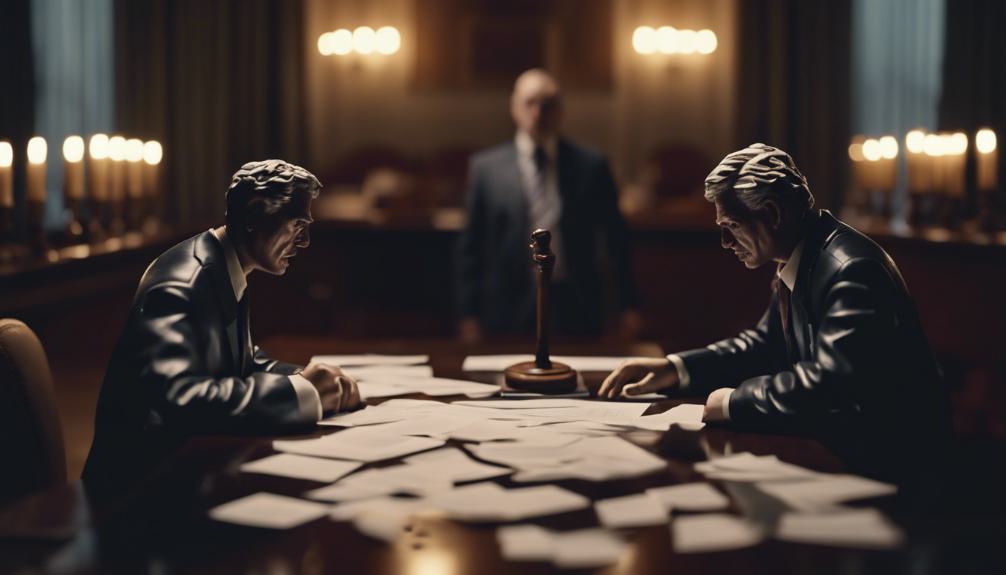
Despite best efforts, a significant number of personal injury cases encounter obstacles during insurance negotiation processes, often leading to impasses that necessitate further legal action. These hurdles can stem from various issues, including disputes over the extent of the claimant's injuries, disagreements about the liability of involved parties, or the insurance company's reluctance to offer a settlement that accurately reflects the damages incurred. In some instances, insurance companies may employ tactics to minimize payout amounts or delay proceedings, hoping claimants will accept lower settlements out of desperation or financial need. When negotiations reach a deadlock, and both sides remain far apart on settlement figures, moving forward to trial becomes the viable path to seek justice and fair compensation for the claimant.
High Compensation Claims
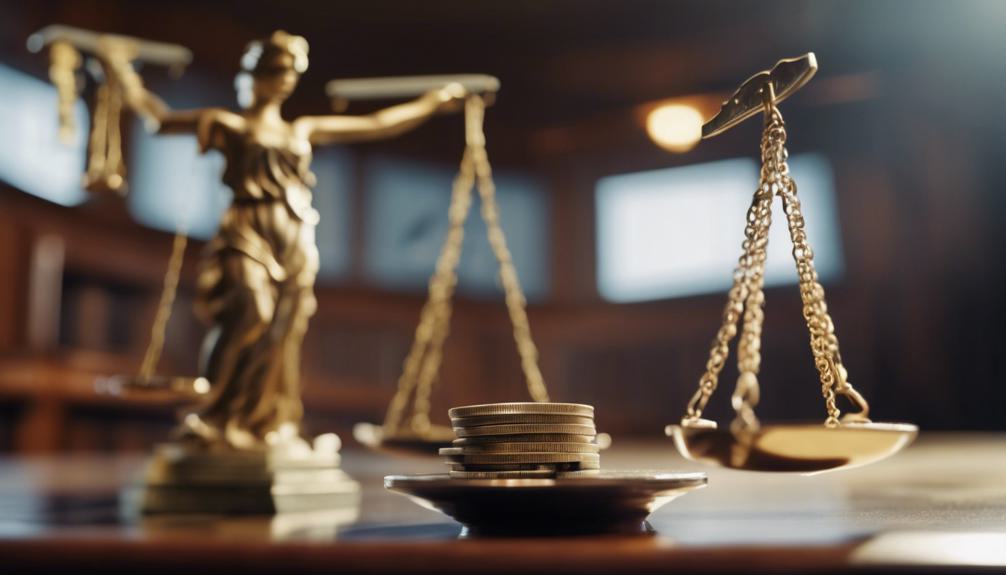
High compensation claims often arise from severe injuries or damages, necessitating a thorough evaluation of their long-term impact on the claimant's life and financial well-being. These claims are typically associated with cases where the injuries incurred lead to significant medical expenses, loss of income, and the need for long-term care or rehabilitation. Given the substantial amounts of money involved, insurance companies are more likely to contest these claims vigorously, aiming to minimize their financial exposure. This resistance can result in protracted negotiations, where both parties struggle to find common ground. Consequently, when a settlement cannot be reached through negotiation, taking the case to trial becomes a viable pathway for the claimant to seek the justice and compensation they believe is commensurate with the harm suffered.
Legal Complexities Explained

Exploring the legal intricacies of personal injury cases requires a deep understanding of both statutory laws and judicial precedents. These cases pivot on proving negligence or fault, which involves a sophisticated interplay of facts and law. Personal injury law is vast and varied, covering a range of incidents from car accidents to medical malpractice. Each category has its own legal standards and proof requirements, making the legal landscape complex. For instance, in car accidents, establishing the other party's negligence involves a thorough analysis of traffic laws and accident reports. Similarly, medical malpractice cases necessitate a thorough examination of medical records and expert testimonies to prove deviation from standard care. Sailing through these complexities often requires the expertise of a seasoned personal injury attorney, who can adeptly handle the nuanced legal strategies and procedural hurdles inherent in these cases.
The Role of Jury Determination
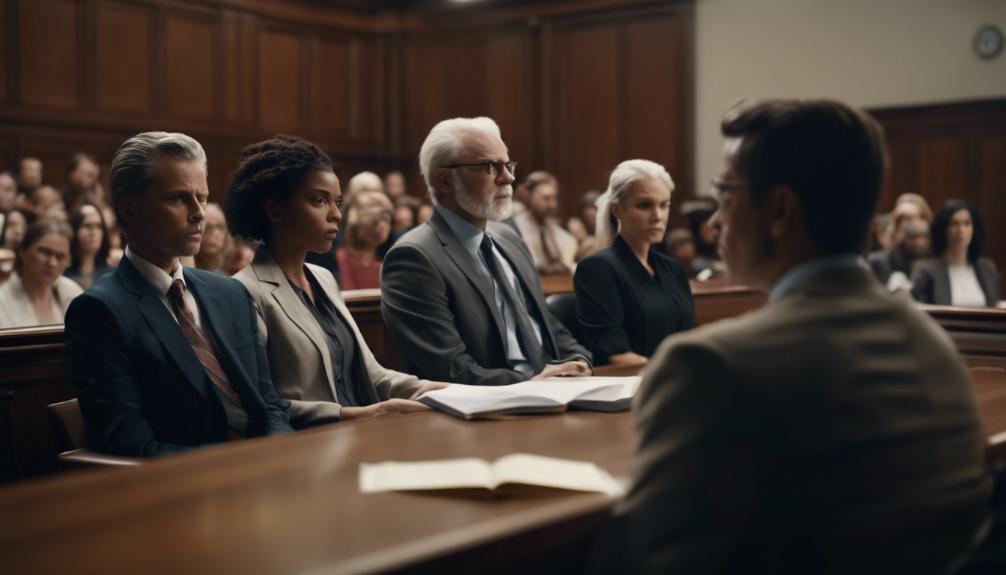
Jury determination plays a pivotal role in personal injury trials, setting the stage for the assessment of evidence and the assignment of liability and damages. This critical process involves a group of impartial jurors who listen to the facts presented by both sides, evaluate the credibility of witnesses, and analyze the presented evidence. Their decision-making is guided by the legal standards and instructions provided by the judge. Ultimately, the jury's verdict determines whether the defendant is liable for the plaintiff's injuries and, if so, the amount of compensation the plaintiff is entitled to receive. This exacting task underscores the importance of presenting a clear, compelling case that resonates with the jury's sense of justice, fairness, and responsibility.
Frequently Asked Questions
How Long Does a Personal Injury Trial Typically Last, and What Factors Can Affect Its Duration?
A personal injury trial's duration varies, typically lasting from a few days to several weeks. Factors influencing its length include the case's complexity, the amount of evidence presented, and the court's schedule.
What Are the Emotional Impacts of Going Through a Personal Injury Trial, and How Can I Prepare Myself Mentally for the Process?
Exploring the emotional turbulence of a personal injury trial juxtaposes the quest for justice with personal resilience. Preparing mentally involves acknowledging potential stressors, seeking professional support, and embracing a mindset geared towards healing and resolution.
How Can the Outcome of a Personal Injury Trial Affect My Future Insurance Premiums or the Ability to Obtain Insurance?
The outcome of a personal injury trial can greatly influence future insurance premiums and the ability to obtain insurance, as insurers may view a history of claims or litigation as indicative of higher risk.
In What Ways Can Social Media and Online Behavior Impact the Proceedings and Outcome of My Personal Injury Trial?
Sailing the digital seas, one must be cautious that social media and online behavior can greatly impact personal injury trial outcomes, influencing jury perceptions and potentially undermining the credibility of the case presented.
Are There Any Alternative Dispute Resolution Options Available if I Wish to Avoid a Trial After the Process Has Already Begun?
Alternative dispute resolution options, such as mediation or arbitration, may be available even after the legal process has commenced. These methods can provide a more expedient and potentially less adversarial path to resolving disputes.
Conclusion
In the intricate dance of justice, where the scales are perpetually in motion, the decision to bring a personal injury case to trial mirrors the strategic maneuvers of chess. As each party positions their pieces, the board reflects a complex tableau of evidence, liability, and negotiation impasses, underscored by the specter of high compensation claims and legal intricacies. Ultimately, the jury's determination serves as the arbiter, echoing the timeless wisdom of Solomon in discerning the merit of each claim, thereby ensuring that fairness prevails in the adjudication of personal injuries.

This post has been generated by AI and was not reviewed by editors. This is Not legal advice. Please consult with an attorney.


![How Much Will A Truck Accident Lawsuit Cost? [2024] 25 truck accident lawsuit expenses](https://lawsuitlegit.com/wp-content/uploads/2024/03/truck_accident_lawsuit_expenses-250x143.jpg)

